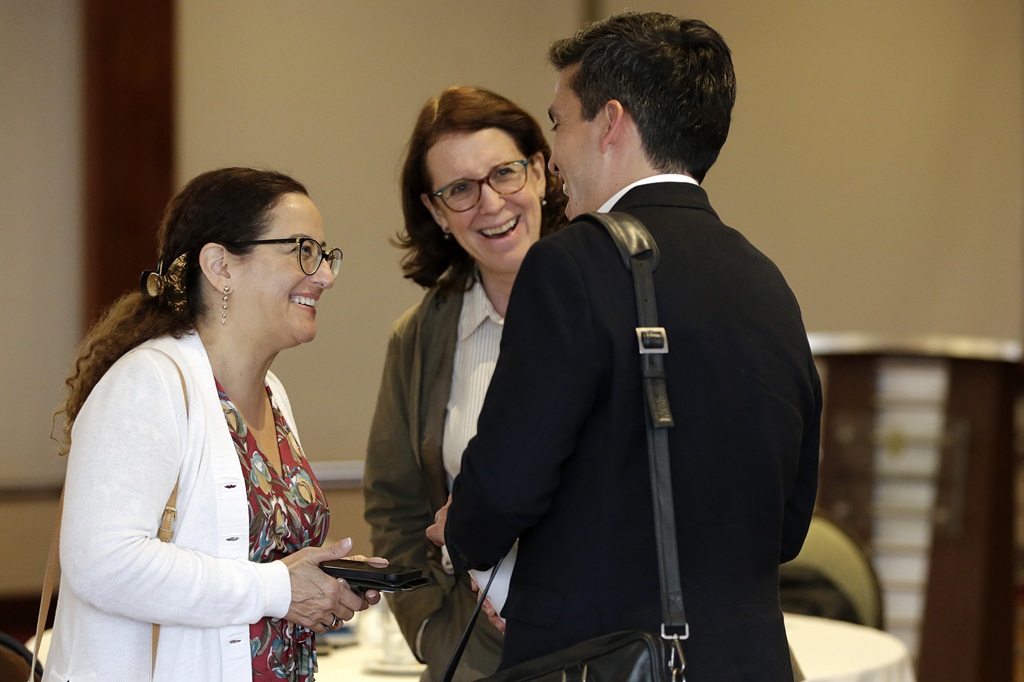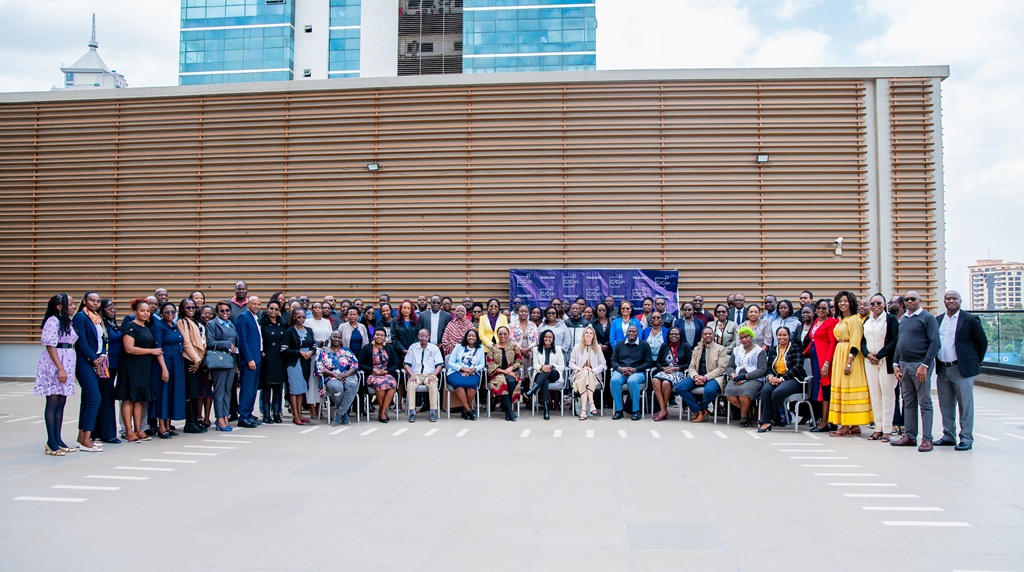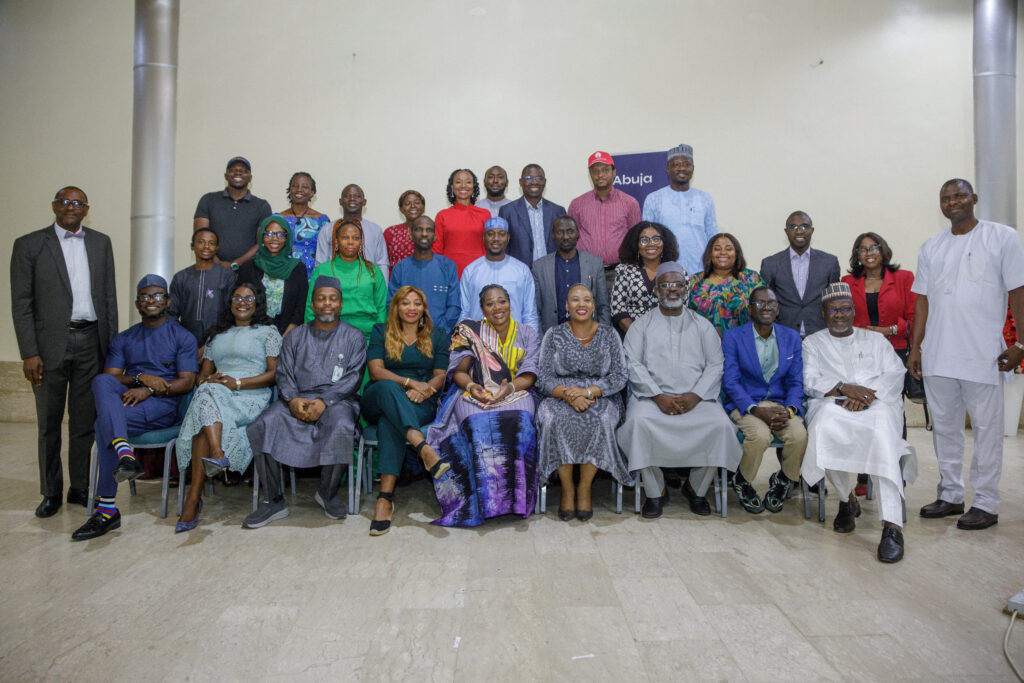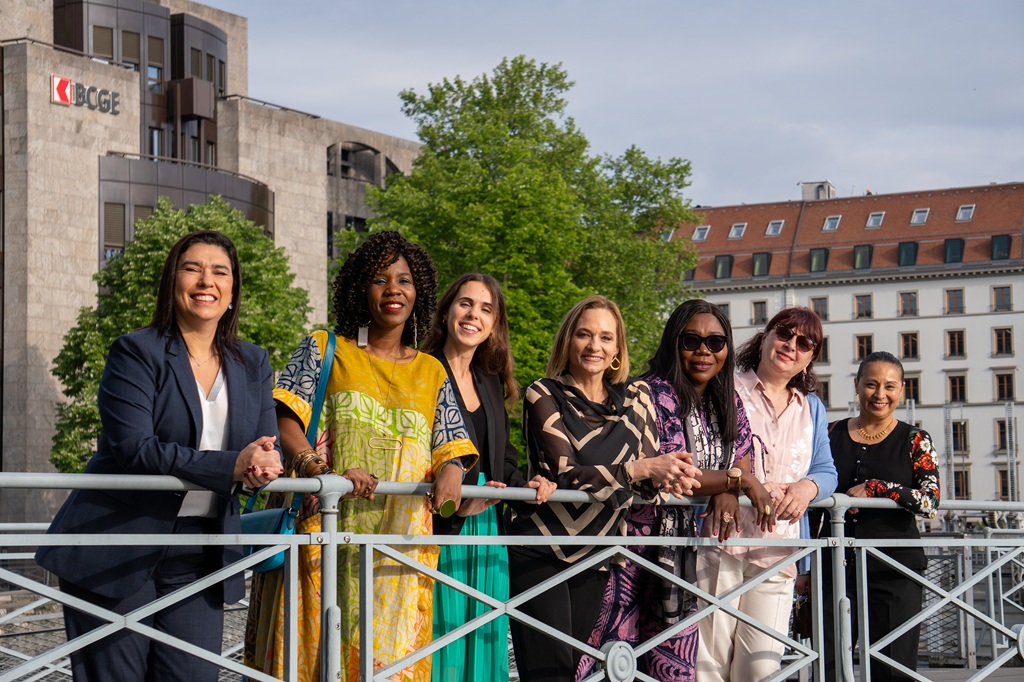
“Dr Susan Henshall, CEO of C/Can, chaired a really excellent webinar today on the changes that COVID-19 requires us to make to care for cancer patients. This deserves the widest duplication possible.” Mark Lodge, Commissioning Editor, Cancer Control 2020, Executive Director International Network for Cancer Treatment and Research (INCTR) UK
As COVID-19 places unprecedented demand on health systems all over the world, cancer care services must continue to function and respond to the needs of cancer patients. On 6 April, City Cancer Challenge (C/Can) hosted a webinar – Cancer care during the COVID-19 pandemic – bringing together professionals from partner institutions the Tata Memorial Centre, Icon Group, and the UPMC Hillman Cancer Center to share strategies and lessons learned from early experiences in treating cancer patients during the COVID-19 outbreak.
This was the first in a series of initiatives C/Can is launching to share the experiences of experts and ensure that C/Can cities have access to the information they need to continue providing access to quality cancer care.
C/Can CEO Dr Susan Henshall opened proceedings, highlighting the importance of communication with our communities and stakeholders now more than ever, and recalling that one of the major consequences of COVID-19 is the continuing need for sharing data-driven evidence.
Mark Middleton, CEO of Icon Group, an Australian cancer care provider, shared Icon’s early experiences with COVID-19 in China, Singapore and Hong Kong, and its efforts to develop a framework to support teams and their patients, that would later be used in Australia and New Zealand. Underscoring the importance of clarity and regular communication, he summed up his organisation’s response to addressing the needs of cancer patients in the early stages of the pandemic with three key words: calm; connected; and committed.
“Calm relates to the processes put in place to allow our people to continue delivering cancer care to those who need it,” explained Mr Middleton. “This includes daily declarations by staff of their wellness to be at work, screening of patients and assessing who can accompany patients during their treatment. I send a daily email reinforcing the message of calm.”
“How does an organization stay connected with so many people working remotely? Icon’s approach has been to ‘overcompensate’ with communications. Be honest and transparent about what is happening. To stay connected with patients, Icon organizes weekly live Q&A with clinicians. No question is off limits. People need to feel part of a team more than ever.”
“We are asking people to do more than ever, which means commitment,” continued Mr Middleton, explaining that by asking people to look after themselves and stay healthy, Icon is also asking for commitment outside of work.” To ask for this level of commitment, it is important for me as a leader to deliver on the other two ‘Cs’’” he concluded.
Dr CS Pramesh, Director of the Tata Memorial Centre in Mumbai, India’s leading cancer and research hospital, outlined the current challenges faced by his team that are also being experienced in many other parts of the world including: shortages of hospital personnel due to travel restrictions or quarantine; a lack of ventilators, beds, and infrastructure, all of which has required realigning treatment priorities, while working to maintain social distancing in a busy hospital.
He said that the experiences over the last four years from the National Cancer Grid—which facilitates the exchange of expertise between more than 200 cancer centres throughout India, treating 700,000 patients—are proving invaluable in applying uniform standards of care as the pandemic spreads.
“Our four general principles are to reduce risk to patients, identify and reduce healthcare resource and reduce risk to healthcare professionals”, explained Dr Pramesh, adding: “This includes screening staff and patients, and having half the workforce working from home so that if there is a need for mass-quarantine at the hospital we have staff to fall back on. We have also been training staff in the use of PPE and infection control, and trying to reduce overcrowding.”
Stephanie Dutton, the Chief Operating Officer and Vice President of the UPMC Hillman Cancer Center, which has 40 academic, community, and specialty hospitals across Pennsylvania state, New York, Ohio and Maryland, discussed the measures being taken to limit the impact of COVID-19 across the UPMC network.
“Experience from UPMC demonstrates that early engagement with all stakeholders in the organisation is critical. We have had to learn to move very quickly, for example setting people up to work from home,” said Ms Dutton: “This has meant a lot of focus on basic infrastructure – laptops, internet connection etc.” UPMC’s solution to the need to restrict access to visitors has been to put in place video conferencing tools so that families can continue to provide support to loved ones.
“We have also had to learn to quickly implement changes to screening practices,” she explained: “Once we received more PPE we were able to do more screening, and provide everybody with masks. It’s important that the team is updated on these rapid changes. I run a team huddle every morning to connect with everyone and let them know what is going on. “
She also encouraged cancer care centres to start thinking about how they would handle site closures and the consolidation of locations. “We have had to close some sites because of quarantine restrictions. It’s hard to move patients. You need to think about communicating quickly to the hospital systems you are connected with. Spend time also thinking about how you would consolidate centres. Preplanning will help us,” she concluded.
The three participants then took questions:
- On the issue of managing supply chain problems in the current environment, Mr Middleton noted that the first question to answer is: “what do you really need?”
“PPE is at an absolute premium, so have a robust PPE plan – think about when and where your people will really need PPE. Not every centre needs to be activated at the same time. Reach out to all of your contacts. We’ve been able to help many partner organizations by directing them to suppliers. Do everything you can to find material and make sure you use it judiciously.”
Dr Pramesh and Ms Dunn highlighted the importance of using teleconsulting to address the issue of continuing to deliver palliative care at this time: Dr Pramesh said that with the “dramatic” increase in demand for supportive care, his hospital has had to deploy other clinicians to support existing palliative care clinicians. “We have stopped home care services because many patients live in very crowded areas and we didn’t want to expose staff and instead we offer teleconsulting, and if they needed medicines they were transported to them.”
“Video visits will allow you to stay connected. Don’t lose sight of patients. If a patient’s treatment is delayed, you don’t want them to feel lost,” added Ms Dunn.
- Treatment adherence is a key issue for cancer care providers as the COVID lockdown continues. Ms Dunn explained that UPMC has relied on physicians to help identify patients whose treatment could be safely delayed, and which could be moved to a different treatment cycle. “We want to be sure patients stay compliant, but in a pandemic we also want to safely minimise the number of patients coming into our clinics. Again, telemedicine visits are very important. Cancer patients are not used to this type of remote interaction with a provider, so we need to support them in moving towards telemedicine and using this to monitor adherence.”
- Mark Middleton explained Icon Group’s approach to managing the issue of screening: “This is the first line of defence. Patients are contacted by SMS to remind them of all the screening processes and exclusion criteria. They are also asked to not bring visitors unless really needed. People are screened for COVID risk factors – travel, temperature screening or exposure to infected persons. Nobody with undiagnosed respiratory symptoms can enter centres; this doesn’t mean they won’t be treated but they need to be diagnosed.”
- Similarly, cancer care providers need to manage the expectations of patients and their families in terms of prioritisation. Dr Pramesh explained that the priority of patients remains cancer treatment. “They aren’t as worried about getting COVID as much as their treatment being sub optimal. Being open and transparent with patients over the tough choices we face is vital.”
- Ms Dunn stressed the importance of transparency in communicating new guidelines and prioritization: “The way we deliver health care and cancer care is very different to how it was six months ago. We are ensuring we answer their questions, communicate with them, being as transparent as we possibly can. We have put a lot of change in place and it’s important that we continue to educate our staff, patients and their families as to why.”
- Ms Dunn’s advice for those working with children was to put in place the same precautions as for adult cancer patients. “Similarly, with maternity wards, we have had to limit the number of people that can be in the room. Paediatric care requires the same diligence and care.” Dr Pramesh added that because children are showing less susceptibility to COVID-19, they have prioritised the continued treatment of paediatric patients as far as possible. “That’s the only upside to this: we’ve been able to provide almost complete cancer care to paediatric patients.”
- On the question of delivering cancer care to different population groups and demographics, Ms Dunn said UPMC “had to make a quick pivot on the most vulnerable populations: stem cell transplant patients, complex immunotherapy patients. In many cases they are in the hospital for a long period of time. Our physicians have looked very closely at this. We’re still providing these services but are trying to avoid or delay when we can do so safely.”
Mr Middleton noted that in Singapore and Hong Kong, there are large populations being treated in Icon centres that live in other countries. “When borders shut we had limited time to respond and some patients had to leave halfway through immunotherapy treatment. We had to connect our doctors by telemedicine to their local hospitals and continue monitoring treatment. Without telemedicine this would have been extremely disruptive.”
Wrapping up the webinar, Dr Henshall observed that three key principles had emerged from the conversation: transparency, clarity and agility.
“We all need to embrace these when delivering care to patients, and as we continue to share evidence and knowledge with our communities and stakeholders.”
The webinar and Dr CS Pramesh’s presentation are worth watching in full:
C/Can’s next webinar will be in Spanish on 15 April. The title is: Atención oncológica en tiempos del COVID-19. (Cancer care during the times of COVID-19 – SPA)
To register: https://bit.ly/2UQHD4g





